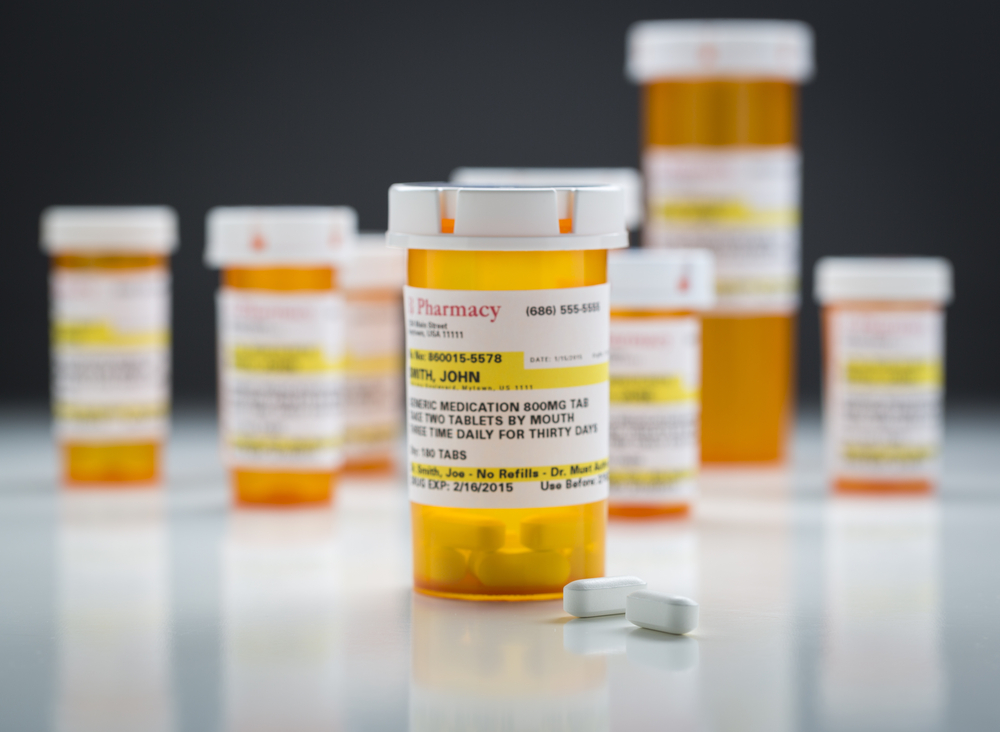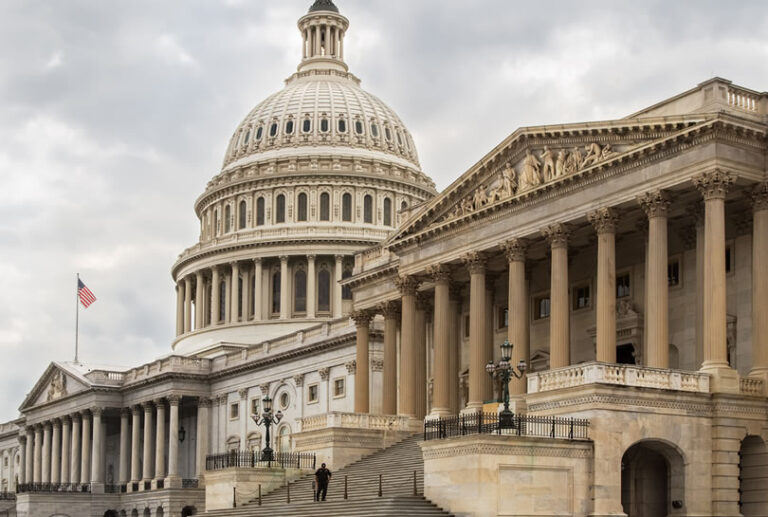Aug. 31, 2020 – Following the Democratic and Republican convention attacks on big pharma and President Trump’s acceptance speech for his party’s nomination for re-election – in which he claimed to have already taken effective action to lower prescription drug prices through Executive Orders – the Pharmaceutical Research and Manufacturers of America (PhRMA) is making the administration a drug pricing counteroffer that it may find hard to refuse.
In a July 27 Executive Order, the president set an Aug. 24 deadline for pharmaceutical manufacturers to propose their own plans for reducing drug prices, with the threat that if those proposals were not forthcoming or were not deemed adequate, the Department of Health and Human Services could then create a program for capping U.S. drug prices based on prices paid in selected foreign countries.
According to Coalition for Healthcare Communication Executive Director Jon Bigelow, it was not totally clear whether the president, in describing a “most favored nation” pricing scheme, was referring to a new concept or to the International Pricing Index idea he first proposed in 2018, which had been vigorously opposed by the pharmaceutical industry as well as by many Republicans in Congress who consider it a form of price control.
“He did not issue the wording of any proposed regulation in July, nor on the Aug. 24 deadline—and still has not done so,” Bigelow noted. “What was clear was that the president wanted to put the ball on pharma’s side of the court and take credit on the campaign trail for having addressed the problem.”
Reportedly, some pharma companies considered it unwise to put a position on the table before seeing President Trump’s proposal. However, last week PhRMA came forward with a counterproposal. Although details of that counteroffer have not yet been published, both Politico and STAT report the plan would have biopharma companies offer “market-based discounts” of 10 percent on injectable drugs paid for by Medicare Part B.
Additionally, it would set an out-of-pocket cap – roughly $10 to $15 – on co-pays paid by patients for drugs covered under Medicare Part D. Drug manufacturers estimate these changes would lead to savings of $100 billion over 10 years, and they also pledged to work with the administration on further reforms to Medicare Parts B and D.
The projected 10 percent savings on prices paid by Medicare and Medicaid compares unfavorably with the 30% savings that the administration projects for its International Pricing Index idea. And industry skeptics were quick to point out that it is not yet clear what drugs will be covered, that the discounts wouldn’t affect pricing for new drugs, and that a 10 percent discount is less significant when prices of many drugs rise nearly 9 percent per year.
However, the PhRMA proposal offers a critical advantage, according to Bigelow. “If President Trump proceeds with some version of the International Pricing Index, the rule-making process will take significant time (certainly extending well into next year) and there could be court challenges ahead,” he said. “In contrast, because what PhRMA proposes is a voluntary discount, it could be implemented very quickly – in fact, before the election,” Bigelow continued. “President Trump then could claim he’d gotten immediate results. In fact, he already is claiming that, and actually completing this deal may be less important to him than being able to talk about the deal during his re-election campaign.”
For the healthcare communications industry, these actions demonstrate that drug pricing issues are top-of-mind for both voters and politicians and serve as a reminder that further measures (including some that may affect the content or volume of marketing and communications) are likely next year regardless of the election results. Indeed, a poll released Friday by America’s Health Insurance Plans, taken among 2,000 likely voters in five swing states, suggested that 87 percent of those polled support linking the prices Americans pay for drugs to the prices paid in other countries.
“It seems significant that PhRMA is coming to the table to negotiate, which may put the industry in a better position than if it continues to fight all efforts to lower pricing,” Bigelow said.




